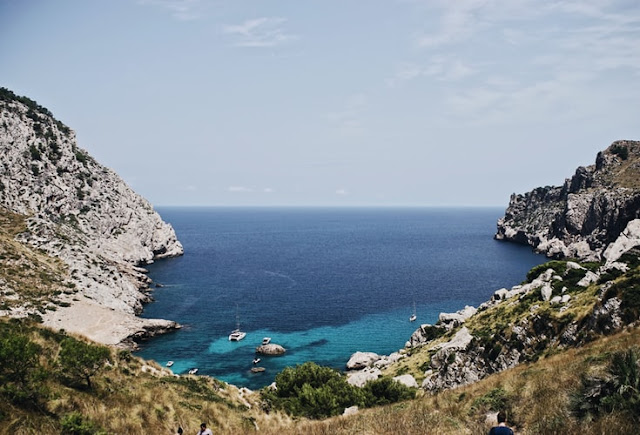Lanzarote Holidays Allow You to Explore Volcanic Landscapes
Lanzarote is the fourth largest of all the Canary
Islands and was declared a biosphere reserve in 1993 by UNESCO. Owing to the
volcanic origin of this island, you can find some solidified streams of lava
and amazing rock formations while exploring the island. It was created about 15
million years ago by fiery volcanic eruptions. The greatest eruptions in its
recorded history occurred between 1730 and 1736 in the area now known as
Timanfaya National Park. Located in the centre-west portion of the island, this
national park is one of Lanzarote's main attractions and is visited by plenty
of tourists every year.
Your Lanzarote
holidays would give you the chance to visit Timanfaya and its famous
Volcano Park. This unique park visited by nearly a million tourists houses some
colourful dormant volcanoes, which can be explored by following the route
defined originally by Cesar Manrique. He was a Spanish architect, sculptor,
artist, and activist born on this island. Manrique also designed the restaurant
called El Diablo, which is located on the top of Islote de Hilario. Upon
visiting this restaurant, you can enjoy panoramic views that look even more
marvellous at sunset.
Over the years, comparisons of the island's landscapes
with that of the moon have been made several times. The raw landscapes that you
see while visiting this national park would give you an idea about how the
earth might have looked like during its initial years of formation. The fine
black volcanic stones, vast expanses of sand, and the presence of lava fields
have helped the entire area to retain its pristine appearance. There has been
no erosion by the visits of tourists or trips of vehicles, as the visits are
only allowed through the park using the well-defined route. You'll be picked up
along with the other visitors by a coach from the car park at Timanfaya.
The driver of the coach would stop at several points
on the route to allow visitors to get excellent views of the park's landscapes.
Commentary in English, Spanish, and German is also provided during the tour.
The events that Father Curbelo, an eyewitness to the eruptions of the 18th
century, recorded in his diary are also mentioned during your tour of this
national park. Although not a single individual had died at the time of these
eruptions, many of the villagers who had to leave their homes and even the
island. The fertile and productive land that was farmed by the villagers
successfully was devastated by the massive flow of lava.
Demonstrations given by some of the staff members of
the El Diablo restaurant would help you understand how severe the heat
emanating from the earth is. They usually pour water down the holes in the
ground and it spouts immediately. Another demonstration is given with the help
of hay, exposing it to the heat coming from the earth below. You'll see that
the hay catches fire at an instant. There are many other ways of exploring the
national park, and one of them is by riding on a camel.




Comments
Post a Comment